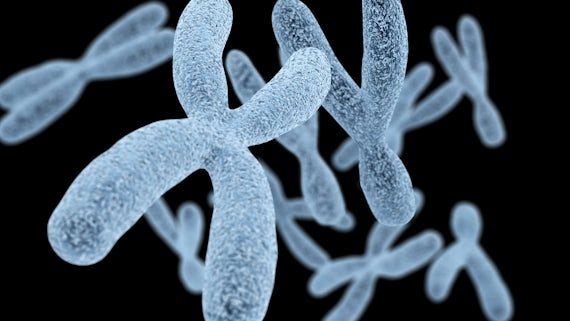22q11.2 Deletion Syndrome: a summary of our findings
12 Mehefin 2017

The ECHO study team at Cardiff University have released a summary of their findings of their research into 22q11.2 deletion syndrome.
22q11.2 deletion syndrome is a disorder caused by the deletion of a small piece of chromosome 22. The deletion occurs near the middle of the chromosome at a location designated q11.2.
22q has many possible signs and symptoms that can affect almost any part of the body. The features of this syndrome vary widely, even among affected members of the same family. Common signs and symptoms include heart abnormalities that are often present from birth, an opening in the roof of the mouth (a cleft palate), and distinctive facial features.
The prevalence of 22q is considered to be around one in 3,000 live births globally. This number is constantly under review however, with the syndrome potentially more common than initially thought. Many people go through life without a diagnosis.
Providing important insights
The ECHO study aims to understand the life course of individuals with 22q. The study has been running since 2010 and close to 200 individuals with 22q have taken part. They are also part of an international research group for 22q, working with over 22 research sites worldwide to understand more about the syndrome.
A brief summary of the ECHO study's findings has been put together to enable participants, patients, clinicians and the general public to learn more about their work.
Professor Marianne van den Bree said, “Having interviewed parents across the UK about their children with 22q11.2DS, we have found very high rates of intellectual, developmental and a range of mental health problems, the extent of which is largely unknown by the medical community or policymakers.
"Society, including medical and other professionals, has generally never heard of the syndrome, and this creates a barrier for accessing much needed services.
“We hope to increase awareness of the condition, gain funding for further research and contribute to ways of improving support for the condition.
“We believe that understanding why individuals with 22q11.2DS are at increased risk of developing mental health problems can ultimately also provide important insights into these conditions in the general population."
To read more about the ECHO study’s findings download the PDF.


